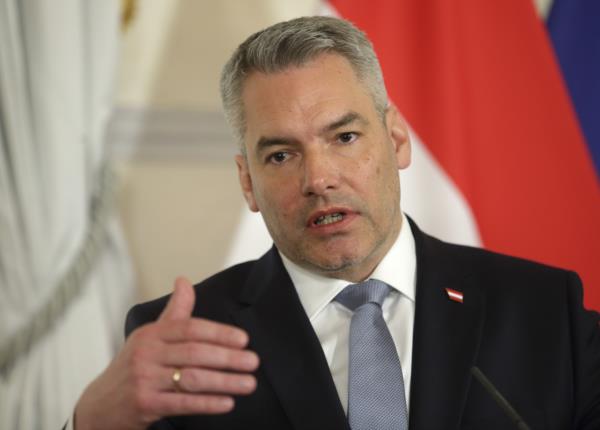
Austria is currently embroiled in its most significant espionage scandal in decades following the arrest of a former intelligence officer, shedding light on extensive Russian infiltration and lax official oversight. The 86-page arrest warrant reveals shocking allegations against the former officer, including providing cellphone data of high-ranking Austrian officials to Russian intelligence, involvement in a burglary at a journalist's apartment, and offering 'suggestions for improvement' after a Russian-ordered killing in Germany.
The arrested officer, Egisto Ott, is suspected of sharing sensitive information with a fugitive Austrian linked to Russian intelligence. The case has been described as one of the most significant espionage stories in recent Austrian history due to its international implications and the infiltration of the Austrian political system.
Unraveling the Spider's Web
Ott, a former police officer turned intelligence operative, is accused of collaborating with a network involving a prominent Austrian wanted for fraud and suspected ties to Russian intelligence. The case points to a complex web of relationships involving high-ranking officials and alleged espionage activities.
Dissidents, Spies, and Databases




The arrest warrant details how Ott collected sensitive information on individuals of interest to Russia by accessing national police databases and coordinating with European counterparts. The list of targets included Russian dissidents, business figures, and former FSB officers.
A Burglary, Soaked Cellphones, and Lessons Learned
The allegations against Ott extend to facilitating a burglary at a journalist's residence, handling soaked cellphones of Austrian officials for analysis in Moscow, and aiding in the smuggling of classified equipment to Russia. The case also involves a 'lessons-learned' analysis aimed at enhancing Russian intelligence operations in Europe.
Current Developments
While Ott remains in custody awaiting potential charges, the scandal has sparked political debates in Austria. The government is considering tightening espionage laws and enhancing security measures to prevent future infiltrations. The case underscores the challenges posed by foreign espionage activities and the need for robust safeguards to protect national security.







